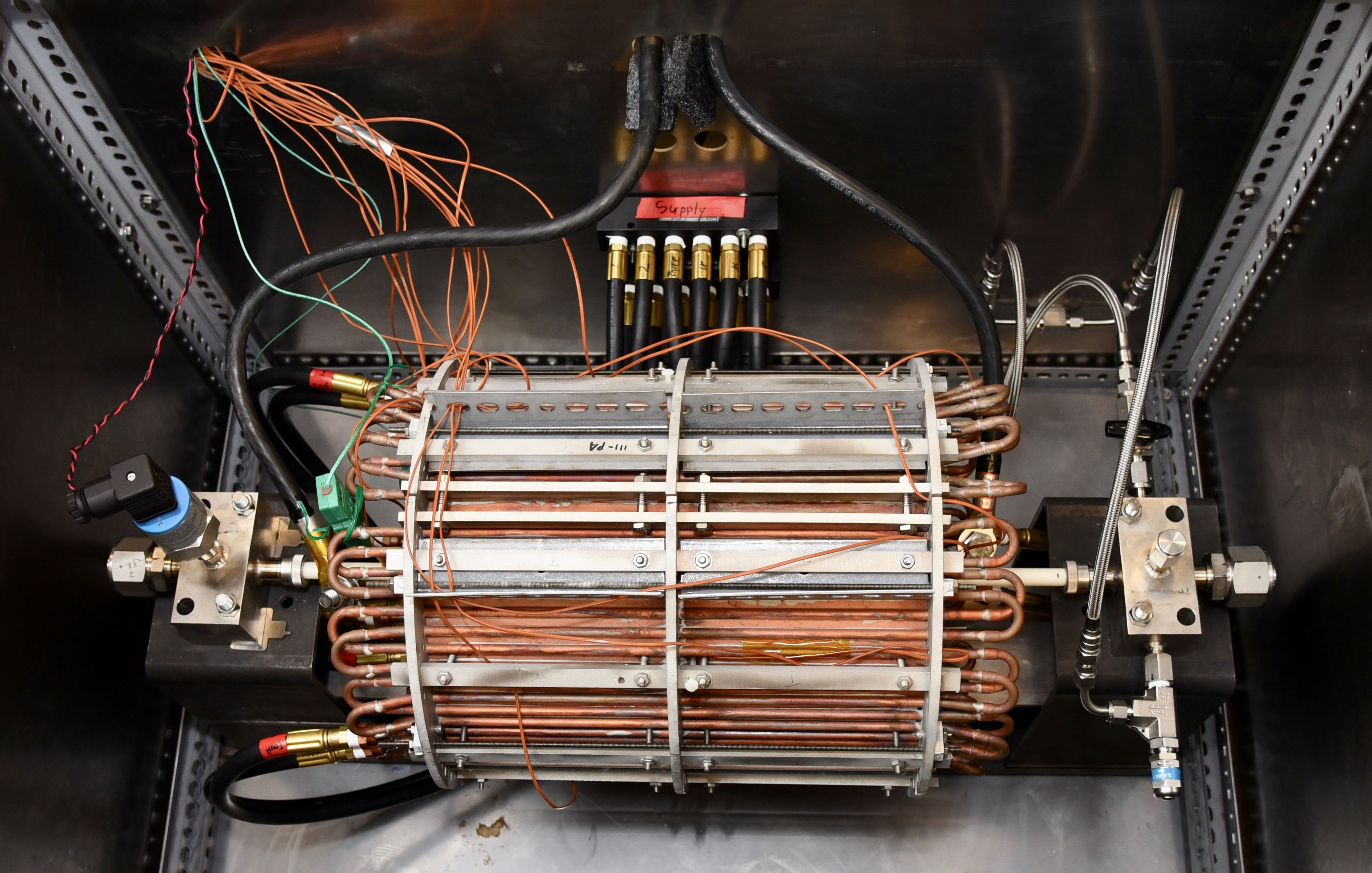Scientists revisit the cold case of cold fusion
May 27, 2019

May 27, 2019

Scientists from the University of British Columbia (UBC), the Massachusetts Institute of Technology, the University of Maryland, the Lawrence Berkeley National Laboratory, and Google are conducting a multi-year investigation into cold fusion, a type of benign nuclear reaction hypothesized to occur in benchtop apparatus at room temperature.
A progress report published today in Nature publicly discloses the group’s collaboration for the first time.
The group, which included about 30 graduate students, postdoctoral researchers and staff scientists, has not yet found any evidence of the phenomenon, but they did find important new insights into metal-hydrogen interactions that could impact low-energy nuclear reactions. The team remains excited about investigating this area of science and hopes their ongoing journey will inspire others in the scientific community to contribute data to this intriguing field.
"We need a fundamentally new energy technology that can be scaled within the span of a human lifetime," says UBC chemist Curtis Berlinguette, principal investigator on the study. "This program provided us with a safe environment to take the long shot – given the profound impact this could have on society, we should remain open to it even if there is an unknown probability of success."
Operating as a “peer group” with a stringent internal review process, the team started out by vetting previous claims of cold fusion, which have not been pursued in mainstream academic research for the past 30 years. If cold fusion could be realized, the heat released by this process might offer an attractive option for decarbonizing the global energy system.
"If any research project ever met the definition of high-risk, high-reward, this would be the one," says Yet-Ming Chiang, principal investigator and Kyocera professor of materials science and engineering at MIT. "Electrochemistry can create interesting states of matter. If those states of matter help us in the search for new clean energy sources, all the better."
The collaborative effort has produced nine peer reviewed publications and three arXiv posts. The team continues to search for a reproducible reference experiment for cold fusion.
We honour xwməθkwəy̓ əm (Musqueam) on whose ancestral, unceded territory UBC Vancouver is situated. UBC Science is committed to building meaningful relationships with Indigenous peoples so we can advance Reconciliation and ensure traditional ways of knowing enrich our teaching and research.
Learn more: Musqueam First Nation